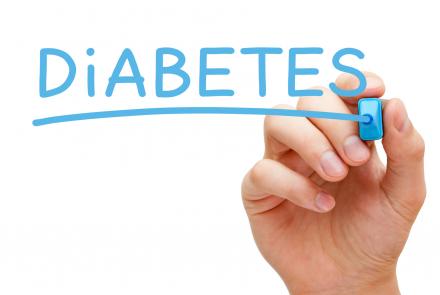You've heard that using screens before bedtime can mess with your sleep, but new research suggests the problem is even more serious and can make you feel like a zombie the next day. The findings could impact anyone who uses an eReader, laptop, smartphone, or certain TVs before bed.
"We know from previous work that light from screens in the evening alters sleepiness and alertness, and suppresses melatonin levels," Dr. Anne-Marie Chang, an associate neuroscientist in BWH’s Division of Sleep and…
- Unnecessary surgery is not new in medicine. Stenting, knee replacements, hysterectomies are often found to be unnecessary on second opinion. "We found that the discrepancy in opinions (between the patient's doctors and the second opinion-giver) was highest in heart problems at 55%," said Dr Shome. Knee replacements and hysterectomies were second at 48% while infertility was third on the list with 45% discrepancy in opinions. "We have doctors seeking opinions if they themselves are asked…
- More than 2.1 billion people, or nearly 30% of the global population, are overweight or obese. Excess weight leads to about 5% of worldwide deaths. On current trends, almost half of the world’s adults will be fat by 2030. Over the past three decades, according to a study in the Lancet, a medical journal, no nation has slimmed down. But a new study from the McKinsey Global Institute (MGI), the consultancy’s research arm, offers some hope. It looks at 74 anti-obesity measures around the…
- The U.S. Food and Drug Administration today(December 22, 2014) granted accelerated approval to Opdivo (nivolumab), a new treatment for patients with unresectable (cannot be removed by surgery) or metastatic (advanced) melanoma who no longer respond to other drugs. Melanoma is often diagnosed late in people with darker skin and hence has higher malignancy. Opdivo works by inhibiting the PD-1 protein on cells, which blocks the body’s immune system from attacking melanoma tumors.…
- NEW DELHI (Reuters) - The government has ordered a cut of nearly 20 percent in its 2014/15 healthcare budget due to fiscal strains, putting at risk key disease control initiatives in a country whose public spending on health is already among the lowest in the world. Two health ministry officials told Reuters on Tuesday that more than 60 billion rupees, or $948 million, has been slashed from their budget allocation of around $5 billion for the financial year ending on March 31. India spends…
- An “alarming” number of pre-school children are being prescribed drugs to treat hyperactivity – contrary to medical guidelines that say they should not be used on children under six – because overstretched health workers go straight to medication rather than offering psychological interventions. More than a fifth of educational psychologists say they know of preschool children who are being given medication such as Ritalin even though the National Institute for Health and Clinical Excellence (…
- Researchers report on a revolutionary new procedure that uses 3-D printing and the body’s stem cells to regenerate knee meniscus, a tissue lining that acts as a natural cushion between the femur and tibia. People with damaged menisci develop arthritis and are forced to limit their activity. The procedure, published online Dec. 10 in the journal Science Translational Medicine, has proved successful in sheep at Cornell University six months after surgery, though the researchers will monitor the…
- Scientists to launch £5m study that explores links between immune disorders and mental illness – and could lead to new treatments “Yet they became depressed as soon as they were given interferon and it triggered inflammation. This suggests strongly that the immune system talks to the brain in some way and that inflammation in the body can cause depression. It is possible that the reverse is true and that the brain somehow affects the immune system but that link requires further research.” …
- It is important that the physician is kept updated about the natural remedies a diabetic is trying out. When managing blood sugar levels becomes a daily battle that tests one’s will and wits, a little help on the side certainly helps. Herbs, spices, botanicals, Chinese herbs, fish oil therapy, chromium picolinate — the list can be endless, not to mention the innumerable diabetes “supplements” available over the counter. Complementary and alternative medicines for diabetes are immensely…












